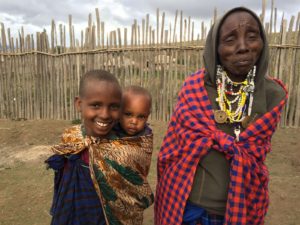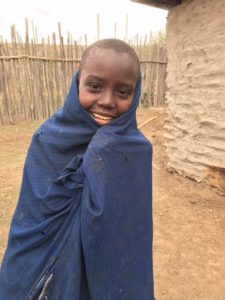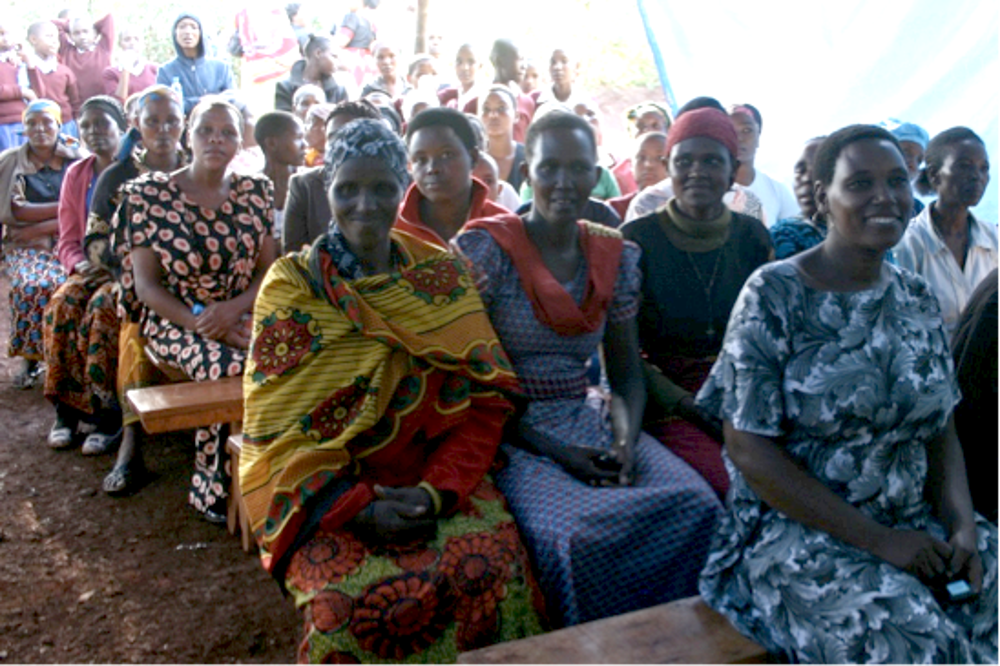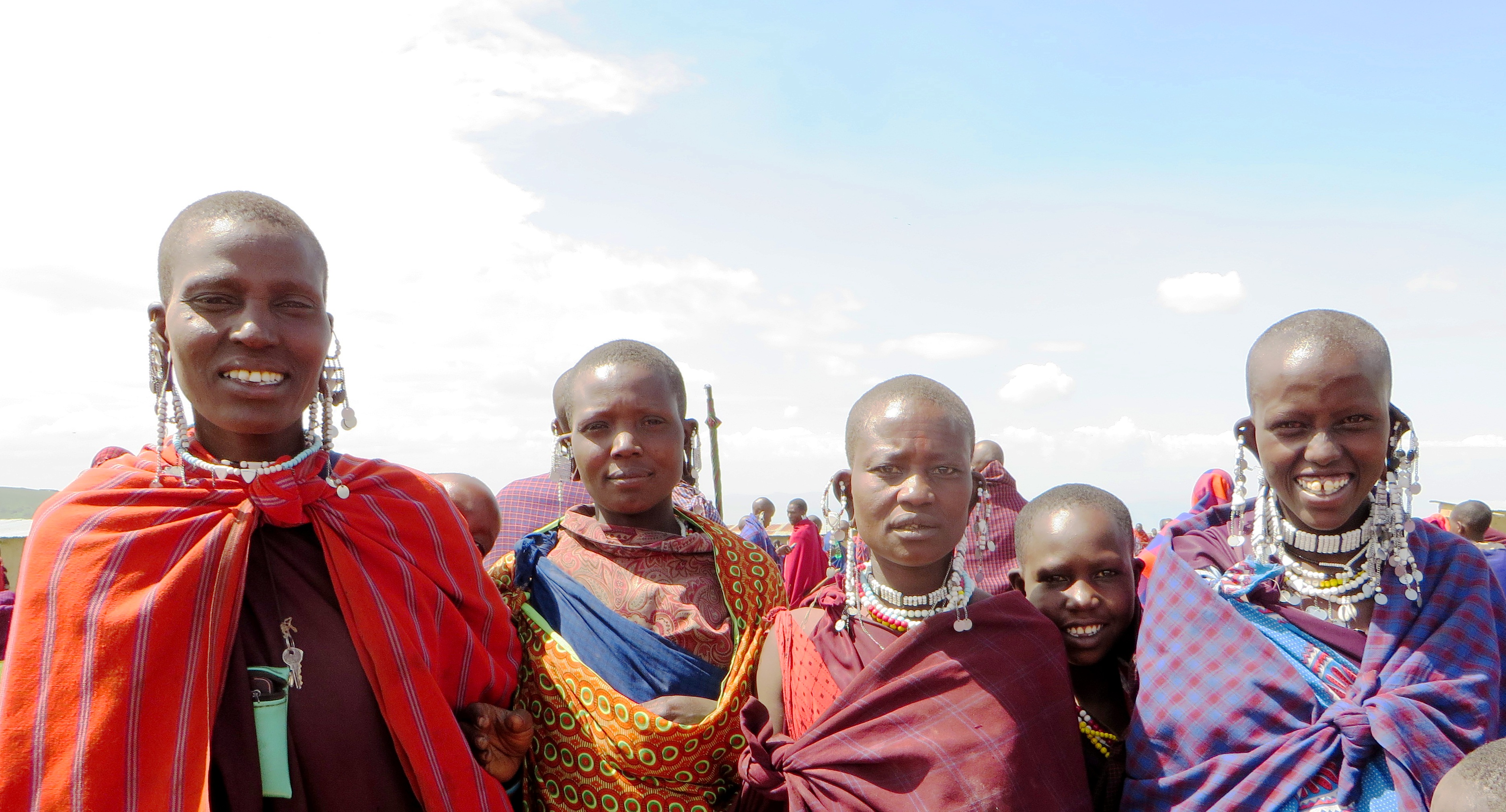When she woke up parched in the middle of the night, Liz Reilly instinctively reached for the water bottle she had packed. The one, partially-filled bottle she had grabbed in the rush of packing for the village. The water that was to last her the next four days.

“I would have to ask for a little of everyone else’s water, but that still would be hardly any,” she recalls thinking. Coming to a little more, she realized that the group had of course brought jugs of drinking water along to Alchaniomelock—but those brief moments of thirst and alarm stuck with her.
“It was such a powerful feeling. It was a good reckoning of what it would be like to not have water,” Reilly explained, as is increasingly the case for much of the year for Maasai living in that area.
Reilly, a member of Sisters For Peace (SFP), a nonprofit organization that aims to empower women and girls around the world, was on her second trip to Tanzania with Maasai Partners (a SFP partner) to MP’s service villages in the Ngorongoro Conservation Area.

For people in this part of the world, water has become an ever more precious resource. Global climate change has led to rains that come later and heavier in the season, unable to be absorbed by the then-arid earth. This reality served as a reminder to Reilly that though our organizations are working to better life for Maasai in this area, there is still much need.
It wasn’t her only powerful experience during the trip, however.
The women were spending several days at AMSO Director Mbekure’s boma, or homestead, visiting project sites and getting a feel for the flow of daily life for Maasai in Ngorongoro. As SFP President Caroline Wheeler and Director of Programming and Development Jessica Sarno met with women creating beaded objects in the grass, a young boy befriended Liz.
“He kept hanging around with me,” she said, noting how cold he appeared to be. Maasai children often go shoeless and dress in traditional shuka (cloths) that can often be threadbare, despite living at fairly high elevation in an open and sometimes chilly, windy landscape. For those who don’t know Liz, it’s no mystery why anyone, especially a curious young boy, would befriend her.

She has an incredibly calm, loving demeanor and wears her compassionate heart on her sleeve. So, as has become the norm in the village, all of the children wanted to look at the visitor’s cellphones. Liz showed this particular boy how to take photos with her phone and took a video of him walking toward her.
“And he just couldn’t believe that,” she said with a smile. Liz offered the boy her phone, and he began taking it around his boma.
“He walked into spots I never would’ve walked into,” she said. “It was just this magical time.” As a local, this child felt empowered to walked around into different circles, where no one seemed disturbed by him.

“I loved the fact that people weren’t ‘others’ to him,” Liz said. And though the quality of the video is less than fantastic, she is grateful to have had this experience.
“I’ll always remember that.”
See more pictures of the Sisters’ visit to Tanzania here.




